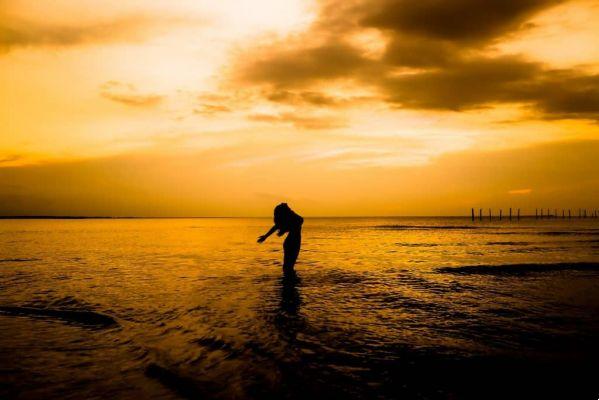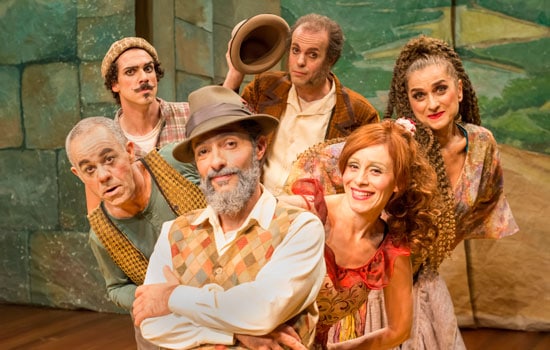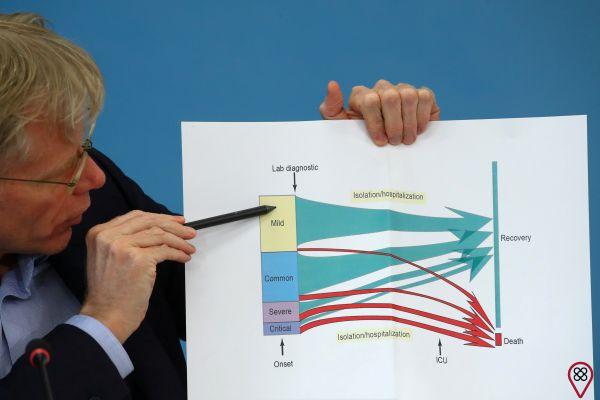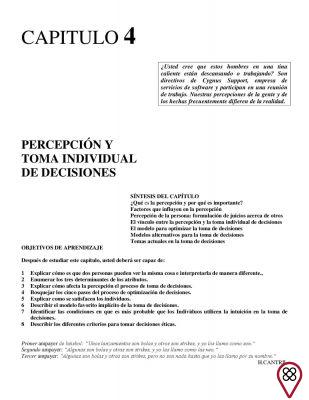Greed is a petty feeling very present these days. It is the relentless search for material goods, possessions, luxury, nobility and, above all, money. Greedy people have no qualms about earning and profiting more, they run over friends, family and only care about themselves. But, after all, is there a limit to greed, where it can be acceptable and not harm anyone?
You will discover this and more answers throughout this text. We will reflect on greed through the fairy tale of Russian poet and writer Alexander Sergeevich Pushkin, “The Fisherman and the Fish”. Check out!
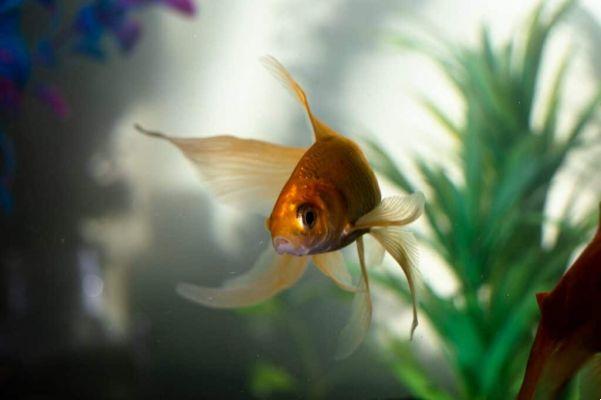
The fisherman and the fish
In a distant village, a long time ago, there lived a fisherman and his wife, both older. Their life was simple and of extreme poverty. Once, the man went fishing, and his wife stayed at home, where she worked as a weaver. To her surprise, he caught a goldfish, which spoke and begged her to release it, and he did. The little fish, in turn, told him he was the Ocean King and, in return for the fisherman, for saving his life, told him that he could ask him for anything! The man thanked him and said that he needed nothing, and returned to his humble home.
When he told his old wife what had happened, she raged and said how stupid he had been to not ask for anything in return. So she told the man to go back to the sea and ask the fish for a new jug, as hers was broken. The fisherman obeyed, and the fish complied with the man's request. But the woman was still unhappy, and with each wish fulfilled by the fish, her unhappiness and dissatisfaction remained.
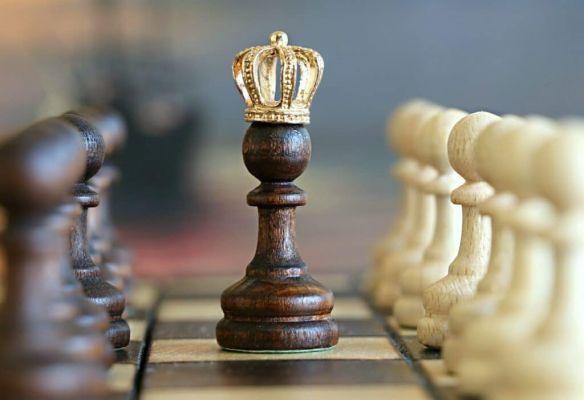
Greed put everything to lose
The days passed, and the wish list, which seemed to have no end, became more and more ambitious. In place of the old house, there was now a beautiful palace, the woman became a noble and lived surrounded by servants who pampered her all the time. Her husband, the poor fisherman, did not enjoy wealth and continued to work every day. And, by order of his wife, he slept in the stables. When the man was sure that the woman had already conquered everything he wanted, she called him again and ordered him to go to the fish with her last great request: that he make her Empress of all the land and also of the sea, and that from that day forward the fish would serve her.
The man was terrified, but without protest, he went overboard again. He called the goldfish several times until it appeared. Then the old man, very ashamed, told what his wife wanted that time. The fish didn't answer him, just turned around and walked away. The fisherman waited a long time, but the fish did not return. Upon returning home, with amazement he sees that, in place of the beautiful palace, the simple house falling apart was back. And his old wife, now with nothing of what she had gained, was weaving humbly beside her broken jug. At the end of the day, everything she had wanted, she had received, but her greed put it all away.
Vicious circle
We can observe that the woman, despite having conquered everything she wanted, was never satisfied, much less showed any gratitude. With each new desire, she became more greedy and didn't value what she already had. The woman also began to mistreat her husband more and more, clinging only to material goods. And so the whole situation became a vicious circle: where the more the woman had, the more she wanted; and, as she was not satisfied with anything, what she had was not valued.
Greed in the present day
What if this story portrayed the modern times we live in? For sure, we would notice many similarities with our life and day to day. After all, we are urged, at all times, to be better, which constantly means being richer. Money is wrongly associated with the value of the individual, and so we end up greedily pursuing it and moving further and further away from our principles and essence.
Unfortunately the vicious circle happens every day. It's not uncommon to hear from older people or multi-billionaires that it's not the money that really matters. But we often ignore this sage advice and remain stuck in the cycle of greed, craving the car of the year, promotion at work, travel abroad and superfluous goods. At the same time, we forget to give thanks for the riches we already have, such as our health, our family, our home, and the food we have every day.
What are the limits of greed?
Desiring the conquest of material goods and getting rich is not the problem, but this being the only objective and what governs a whole life. So the limits of greed are very clear, as we could see throughout the text: we reach the limit when the desire to have more is greater than the gratitude for what we already have. We can, yes, wish, but without forgetting to thank and enjoy our achievements. And if we have already achieved everything we wanted, wonderful! May solidarity, then, be our companion, and we can help those who need it most.
You might also like:
- Study Compassion, Greed, Anger and Ignorance with Coen Monk
- Understand the power of gratitude in your life
- Think about the freedom of desire and the desire for freedom
The Russian tale “The Fisherman and the Fish” remains current and brings valuable teachings to all generations. Reflect on the role of greed in your life, seek clarity on your actions and flaws. Only in this way is it possible for us to know what we can improve, so that we can evolve as human beings and society.







